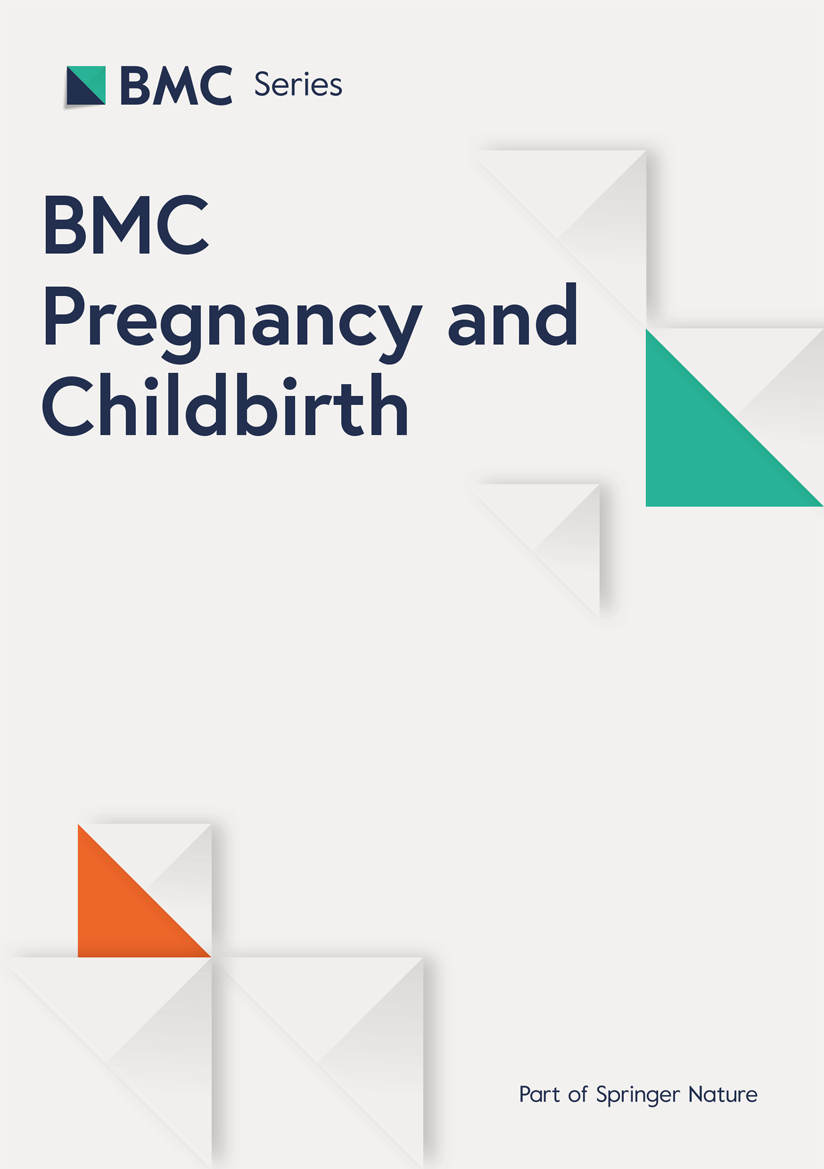The tele-education provided to postpartum women in the experimental group during the COVID-19 pandemic on postpartum care included topics such as general preventive methods against coronavirus, specific preventive measures during the postpartum period, precautions to be taken for healthy breastfeeding during the pandemic, and strategies for managing stress, anxiety, and depression in these processes.
The universe of the research was carried out at Amasya University Sabuncuoğlu Şerefeddin Training and Research Hospital in Turkey in 2022. A total of 131 women who gave birth at the Women’s Maternity Service and agreed to participate in the study comprised the sample of the research. July August 2021–01 Dec 2022 Data were collected between the dates of 01–July 2021–01 Aug 2022. The sample size was calculated to include 110 pregnant women (55 in the experimental group, 55 in the control group) by performing a power analysis with a significance level of 5%, a confidence December of 95% and the ability to represent the universe of 80%. The pregnant women to be included in the groups were selected with an equal distribution ratio (1:1) using the random sampling method from the universe.
Inclusion criteria
All puerperal women who used a phone, agreed to participate in the study, did not have psychiatric health problems and were not diagnosed with Covid 19 were included in the study. The Covid 19 diagnosis and psychiatric health problems were determined according to the puerperal woman’s statement and medical history.
Postpartum care education during the coronavirus pandemic: digital booklet content
The educational content was prepared based on the recommendations of WHO, TJOD, RCOG, ACOG, CDC, FIGO, ISUOG, RANZCOG, TJOD, and the COVID-19 guidelines published by the Turkish Ministry of Health.
Data analysis
The data collected in the present study were analyzed using the free trial version of SPSS (Statistical Package for Social Sciences) for Windows 25.0. Descriptive statistical methods (frequency, percentage, minimum-maximum values, median, arithmetic mean, and standard deviation) were used to evaluate the data. The normality of the measurement tools was assessed using the Kolmogorov-Smirnov test. Parametric tests were performed if the data were normally distributed and non-parametric tests were performed if the data were non-normally distributed.
-
If the data were normally distributed, the independent samples t-test was used to compare two independent groups, and the paired t-test was used for two dependent stages.
-
If the data were non-normally distributed, the Mann-Whitney U test was used to compare two independent groups, and the Wilcoxon test was used for two dependent stages.
Instruments
Demographic information form
This form, prepared by the researchers based on the literature, included items questioning the participants’ postpartum characteristics [2, 3, 9].
Obsessive and Compulsive Behaviors Scale of Mothers in Postpartum Period Regarding Baby Care (OCBCSMPPRBC)
The validity and reliability of the OCBCSMPPRBC were established by Özdemir et al. in 2020 [9]. This unidimensional scale consists of nine items whose responses are rated on a 5-point Likert type scale (1–5). The total score ranges from 9 to 45. The higher the score is the more obsessive and compulsive the behaviors are. The Cronbach’s alpha value was 0.75 in the Turkish validation study of the OCBCSMPPRBC and 0.86 in the present study.
Parents Postnatal Sense of Security Scale (PPSS)
The PPSS is administered to measure mothers’ sense of security during the first week postpartum was developed by Persson et al. in 2007 and adapted into Turkish by Geçkil et al. [10, 11]. In the validation study of the Turkish version of the PPSS, 222 participants in their first postpartum week were included. The PPSS which has 18 items whose responses are rated on a 4-point Likert type scale ranging from 1 (Strongly Disagree) to 4 (Strongly Agree) includes four subscales:
-
Empowering Behaviors (6 items: 1, 2, 3, 4, 5, 6).
-
General Well-Being (5 items: 7, 8, 9, 10, 11).
-
Family Attachment (4 items: 12, 13, 14, 15).
-
Breastfeeding (3 items: 16, 17, 18).
Items 7, 8, 9, and 11 are reverse scored. The lowest and highest possible scores that can be obtained from the overall PPSS are 18 and 72, respectively. The higher the score is, the stronger the sense of security is. The Cronbach’s alpha value of the PPSS was 0.84 in Geçkil et al.’s study and 0.871 in the present study.
Breastfeeding Self-Efficacy Scale (BSES)
The Breastfeeding Self-Efficacy Scale (BSES), developed by Dennis in 2003, assesses mothers’ breastfeeding self-efficacy with 14 items rated on a 5-point Likert scale (1 = Not at all confident, 5 = Always confident). Scores range from 14 to 70, with higher scores indicating greater breastfeeding confidence. The Turkish validation study by Aluş Tokat, Okumuş, and Dennis reported a Cronbach’s alpha of 0.86, confirming its cultural suitability, while the current study found a Cronbach’s alpha of 0.90 [12].
